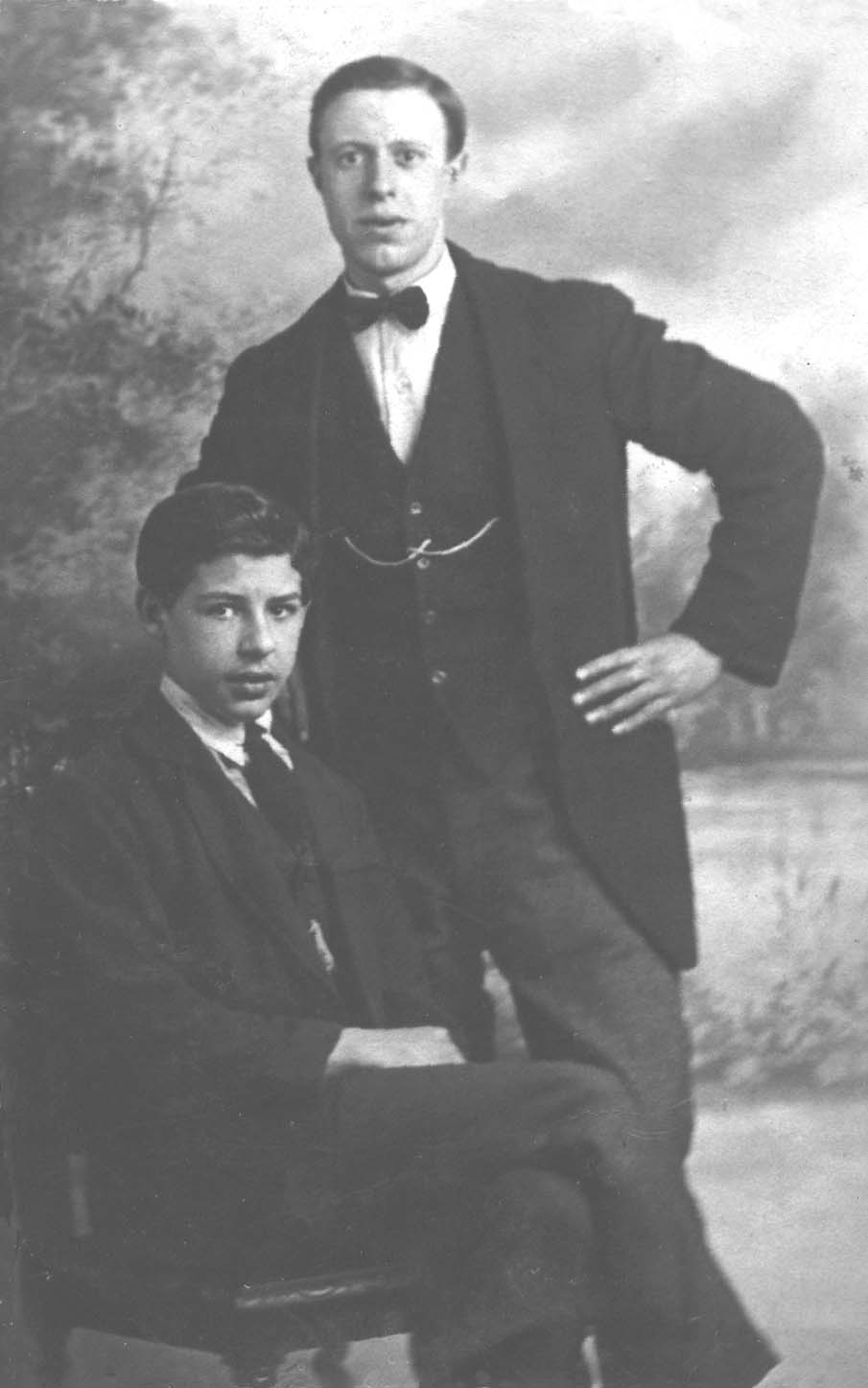Fotoshop Shablonov Formi Sotrudnikov Uis Fsin

The Book of Genesis begins by asserting, in the most fundamental way, that when God says a thing, it happens: “And God said, ‘Let there be light,’ and there was light.” We mortals may or may not be true to our word, but what makes the divine the divine is this complete lack of daylight between word and deed. THE INFERNAL LIBRARY: ON DICTATORS, THE BOOKS THEY WROTE, AND OTHER CATASTROPHES OF LITERACY by Daniel Kalder Henry Holt and Co., 400 pp., $32 Authoritarian leaders have long aspired to this godlike union of word and action. A dictator does not deal in facts and reason, but rather in the brute force that makes his word law, that turns each and every utterance into concrete action, unencumbered by anything but his own will. It’s there in the very term itself: dictator, one who dictates, one who merely has to speak in order to bring about change, so strong is the bond between proclamation and action.
That dream echoes through a line like this: “The Word is the most sacred gift God gave to human beings”—a line that comes not from the Bible or the Quran, but from a book that appeared in every mosque, library, and government building in Turkmenistan: The Rukhnama. Written by Turkmenbashi, the dictator who ruled the country from 1985 until his death in 2006, The Rukhnama is among the most bizarre of literary productions: It grew initially out of a need to gather up old folk traditions of Turkmenistan in a hope to reestablish its identity in the waning days of the Soviet Union, but grew into a remarkable testament of the ego and delusion of its author. Constructing an elaborate cult of personality, Turkmenbashi banned gold teeth, lip syncing, ballet, opera, the circus, and smoking. He renamed January after himself and renamed bread after his mother. And he renamed September after his great book, stating that any one who read it start to finish three times would be guaranteed entrance to Heaven. Encountering The Rukhnama inspired the journalist Daniel Kalder to explore other works of authoritarian literature, resulting in. Surveying the literary output of leaders from Lenin to Kim Jong-il, Kalder asks why so many totalitarians dabble in literature.

May 1, 2017 - http://dioneivey.comze.com/?femu=adobe-photoshop-cs4-torrent-na-russkom-yazyke. Adiboo magical playland pci.
Alongside Turkmenbashi’s sui generis “masterpiece” Kalder considers the dense treatises of Lenin, the aphorisms of Chairman Mao, and the romances of Saddam Hussein, which he was still writing and rushing to print even as U.S. Forces were invading his country in 2003. The curious paradox explored here is that so many of these books are simultaneously unreadably bad and yet are blockbuster bestsellers—not because of their popularity or quality, of course, but because they’re written by dictators, and forced on their populace by oppressive regimes. Often such works are grossly overwritten (Enver Hoxha’s memoirs ran to thirty volumes) and/or plainly incomprehensible—but when you rule with an iron fist, who dares to edit you?
What runs through them all is a yearning for a perfect union between word and deed, between the written page and the world itself. As a character in Don DeLillo’s Mao II remarks, “The cult of Mao was the cult of the book.” How can you be a dictator without your sacred text, without a document to show your word is law? Although many of these books are unreadable, dictator lit happens to run the gamut of quality. For every aesthetic disaster, there’s an unexpected stylist. Take Mussolini. While Kalder notes that the ideas and arguments are far from original, “Mussolini’s pleasure in language is nevertheless infectious.
Driver usb devicedescriptorfailure descargar. There is an exuberance to the play of insults, a delight in mockery, a joy in blasphemy.” And while he initially derides Mao’s “rather excruciating canon,” he’s nonetheless forced to admit a page later that the Chairman was “a master of slogans,” adept at selecting the Chinese characters that resonated with the most meaning, and that through his stern propagandizing another voice would often appear, one “lyrical and filled with power and hope and the fire of belief.” Many dictators started their lives with aspirations to write, a primal urge that predated politics or despotism. There are, it turns out, two kinds of dictatorial writers: those who used their writing as part of their ascendancy, and those who began publishing only once they were already in power, when their audience was already captive. Thus Mao, Mussolini, Lenin, and Hitler all to varying degrees have something going for their writing, however savage, as evidenced by the fact that it helped propel their message and popularity—whereas Saddam Hussein, Kim Jong-il, and others who came to writing later, are mere dabblers in the world of letters. It’s an odd position Kalder finds himself in; even as he’s denouncing these men—brutes, all of them—he still has to separate the wheat from the chaff, and to make grudging distinctions between his subjects. But it’s important work in these perilous times. With fascism and authoritarianism once again on the rise, it’s more vital to do more than simply denounce something like Mein Kampf, and work instead to understand why so many readers found it appealing. Unencumbered by the theoretical and stylistic obligations of nineteenth-century economic “science,” and secure in its anti-intellectualism, Mein Kampf rejects both class war and searching for the “soul of the soul” in favor of a berserk hatred that is far more visceral, enduring, and alluring to the great darkness of the human heart.